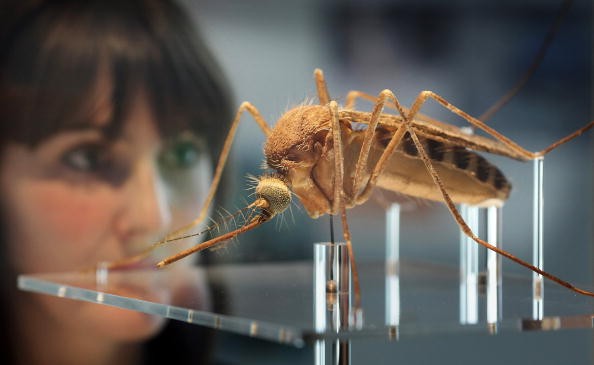
A particular type of sugar found in the placenta readily attracts a protein produced by mosquito-borne parasites, the best explanation as to why pregnant women are highly susceptible to malaria. More than just about it, researchers were able to relate that finding to cancers - that the same sugar molecule found in most tumors can be a good target to treating these illnesses.
The idea about the placenta and most cancers having the same sugar did not at all surprise other scientists who knew well that both have fast growing cells. Yet the novelty showed up as when researchers from Vancouver and Copenhagen made use of the discovery to design a new approach that effectively blocked the growth of cancer tumors in mice.
"Scientists have spent decades trying to find biochemical similarities between placenta tissue and cancer, but we just didn't have the technology to find it," says project leader Mads Daugaard, senior researcher at the Vancouver Prostate Center of Vancouver Coastal Health Research Institute, as quoted by EurekAlert.
The malarial protein, called VAR2CSA, has a strong affinity towards binding with the placenta. With that, the researchers believe that such protein would be a good carrier of anticancer drugs to potentially target tumors, Daugaard adds.
In their study, a specific toxin was attached to VAR2CSA and was tested for treatment in various cell lines (normal and cancerous) and on mice which carry any of the three human tumor implants.
In their tests, 95 percent of those cancerous cell lines were effectively suppressed. The drug also showed varying degree of efficacy in mice where a decrease to one-fourth the size was observed with those with non-Hodgkin's lymphoma; prostate cancer tumors disappeared in two out of six mice; and five out of six mice were cured of metastatic breast cancer. Moreover, all the mice did not display any adverse side effect and their organs were found undamaged.
"This is an extraordinary finding that paves the way for targeting sugar molecules in pediatric and adulthood human cancer, and our groups are vigorously pursuing this possibility together," highlights Poul Sorensen, co-senior investigator of the study.
With these promising results, the drug is currently under refinement. The drug will soon have its future use in clinical trials which will probably take about three to four years, Medical News Today reports.
The study appears in the journal Cancer Cell.

